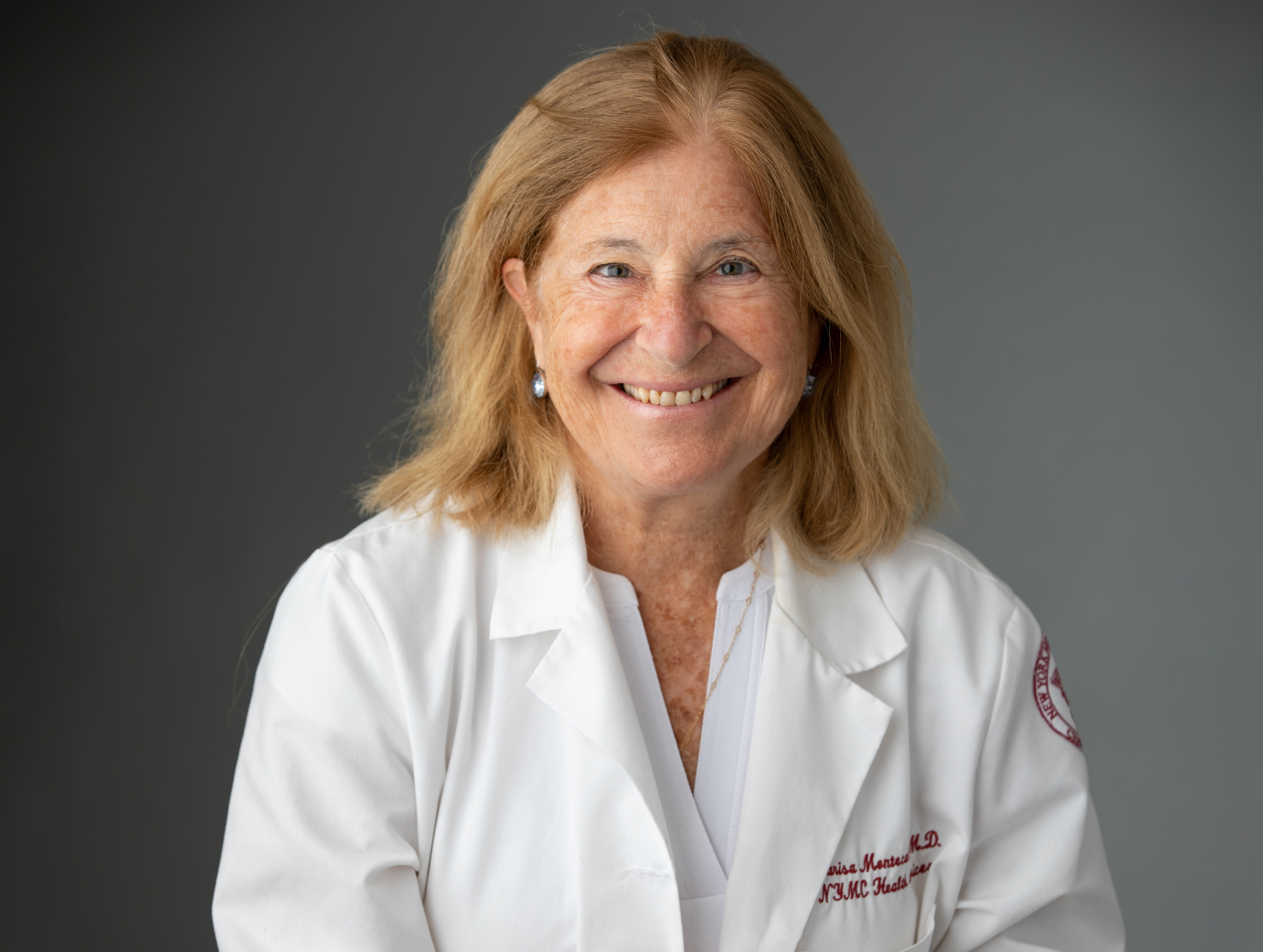COVID-19 Symptoms During Omicron Surge Differ Between Boosted and Vaccinated Non-Boosted Individuals
COVID-19 Boosters Reduced Aches But Increased Respiratory Symptoms

Those vaccinated against COVID-19 who had also received the booster vaccine had a significantly lower frequency of body and muscle aches but a significantly higher frequency of nasal congestion and sore throat than those vaccinated who had not received the booster vaccine, according to a new study by Marisa Montecalvo, M.D., professor of medicine; Elizabeth Drugge, Ph.D., M.P.H. ’12, associate professor of epidemiology; and Gary Wormser, M.D., professor of medicine, pharmacology, and of pathology, microbiology, and immunology, published in Vaccines. The study also found that as more time passed since receiving the booster vaccine, the rates of fever and cough significantly increased.
“New York Medical College’s (NYMC) requirement that faculty, staff, and students report all confirmed SARS-CoV-2 infections to Health Services and to report on symptoms to be released from isolation allowed us to study the clinical manifestations of SARS-CoV-2 infections early during the Omicron variant surge from the date of symptom onset to release from isolation and to compare vaccine-boosted versus vaccinated non-boosted individuals,” says Dr. Montecalvo, who also serves as the director of health services at NYMC.
“When the Omicron variant first emerged in 2021, it appeared that Omicron infections had a better outcome compared with earlier variants,” says Dr. Montecalvo. “However, the rapid rise of breakthrough infections in vaccinated individuals and infections in individuals with a prior SARS-CoV-2 infection demonstrated that both vaccine immunity and natural immunity offered less than optimal protection against Omicron infection.”
According to the study, the data suggest that having had a booster vaccination, as well as the timing of receiving it, impacts the clinical manifestations of breakthrough SARS-CoV-2 infections.
“Although COVID-19 vaccination clearly provides protection against hospitalization and death, and booster vaccination increases that protection, based on our study results, future efficacy studies should also address the frequency of particular symptoms in breakthrough infections, as well as the number of symptoms, symptom severity, and symptom duration,” says Dr. Montecalvo.
